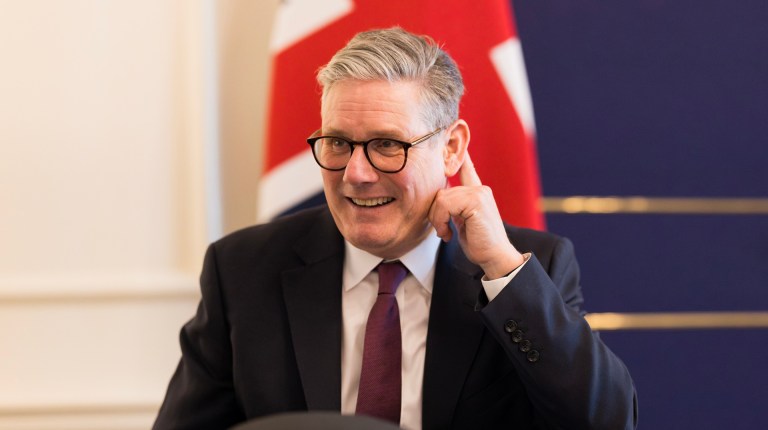Currently, 4.3 million children – three in 10 – are growing up in poverty in the UK in what is the sixth-largest economy in the world, an increase of more than 100,000 children compared to the previous year. This is a blight on our society.
For children and their families this can mean using food banks to provide meals, turning up to school with no winter coat or suitable shoes, or living in cold and unsuitable homes.
Which is why we warmly welcome the government’s commitment to tackling child poverty through a child poverty strategy to be published in spring 2025. We know how much work is needed, but we are confident that with the right action, the government can ensure that no UK child grows up in poverty. The 120 member organisations of the End Child Poverty Coalition have come together and identified eight tests that will show whether the child poverty strategy has put us on the right path to ending child poverty for good.
Our eight tests can act as a guide for the government to show us it really has children’s best interests at the heart. We know what policy levers to pull, now we require leaders with the courage to pull them.
To develop such a strategy, the views of children, young people and families with first-hand experience of living in poverty must be central to the development and implementation of this. Their input is essential to a successful strategy, as only they can advise best on what works for them and what doesn’t. Our coalition expects to see this explicitly set out in the strategy.
As part of this strategy, we are calling on the government to scrap the two-child limit to benefit payments, a policy which drives families into poverty, doing so would lift 300,000 children out of poverty immediately. We don’t say only two children in a family can go to school, or that the third sibling cannot receive hospital treatment, so why do we limit benefit payments to only two children?










